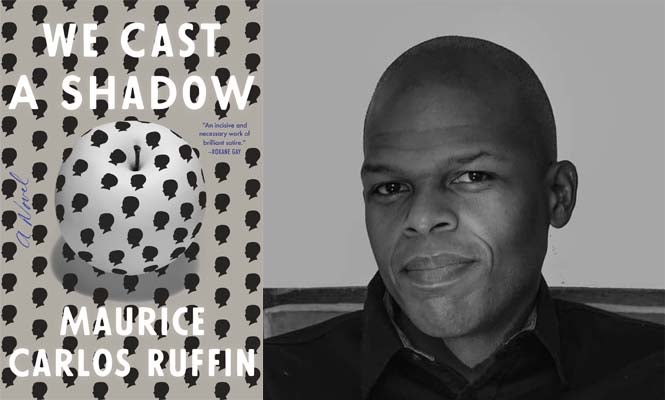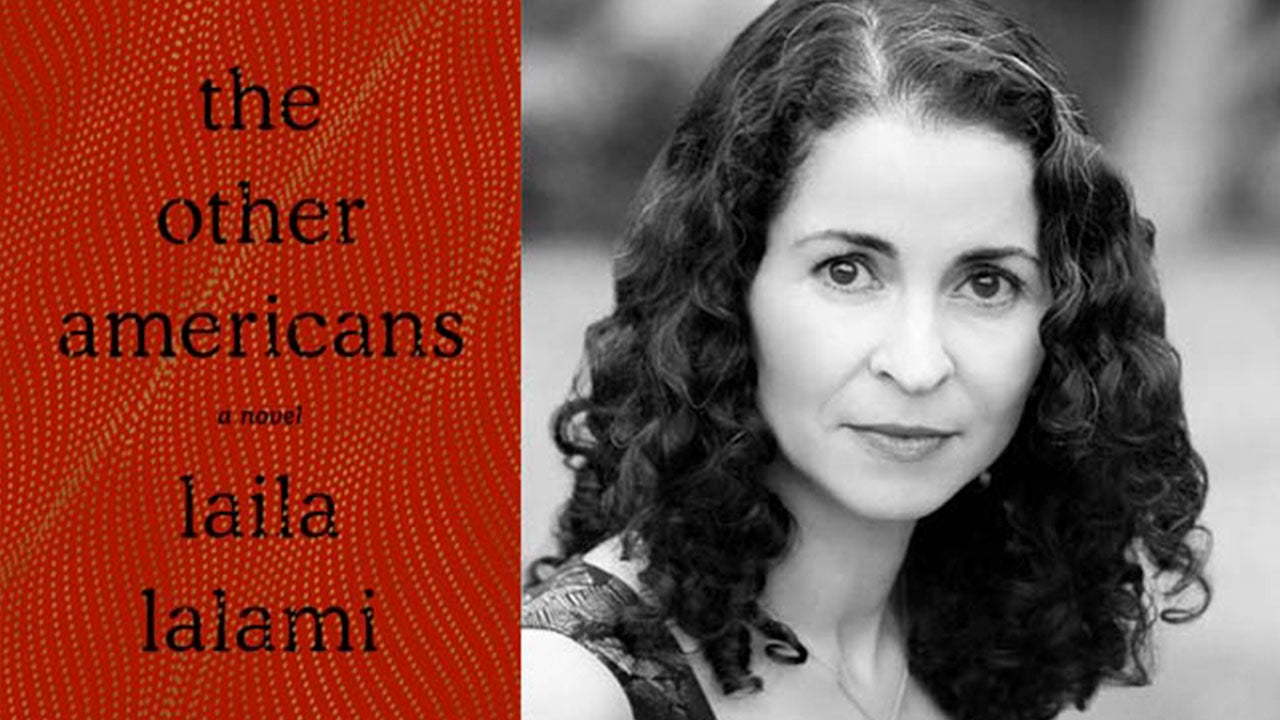On April 16, Aspen Words will confer the third annual Aspen Words Literary Prize, a $35,000 award recognizing a work of fiction that addresses a vital social issue. Sixteen nominees are still in the running, and the diverse list includes 12 novels and four short story collections covering a variety of critical issues and published by an array of presses. While the jury works on narrowing down this list to five finalists (to be announced February 19) and a winner, Aspen Words chatted with the nominees about their work, how they view their role as a writer in the cultural and political moment, and the best piece of writing advice they’ve received. You can find the series of conversations here.

In We Cast a Shadow, Maurice Carlos Ruffin follows the tradition of Ralph Ellison, Paul Beatty, and other seminal black writers who have used satire and humor to shed light on our white supremacist history. This debut novel is about how anti-black racism becomes internalized and wielded against the ones we love most.
How do you view your role as a writer in this cultural and political moment, and why is the time right for your book?
I see myself as at a remove from the dominant movements of the moment. I support the liberation of women, people of color, the trans community. I’m against ableism, ageism, jingoism. And I believe that we public intellectuals have a duty to dig beneath platitudes, especially if they come from the people we trust. My book is about viewing the complexity of this moment not through propaganda, but through the lens of the individual who yearns to be free. I wrote a book that speaks to this incredibly complicated epoch. So many of us are told to diminish ourselves, to quiet ourselves, to vote against our self-interests, and my book plays those ideas forward through time. By creating a future that none of us would like to see, I hope it’s a book that will continue to reveal this moment for generations to come.
What other author deserves this award and why?
Bryan Washington. We come from a similar background: Black, southern, food lovers. He’s younger than me, but I find much to admire in his fearless and honest work. When I write, his is the kind of writing I write towards. Whether in fiction or non-fiction, he is a keen observer of the human condition. Thank the stars for him.
What is the core tenet of your book’s philosophy?
There is pain in the oppression of people. The thing that makes racism so unfair is that it requires a compromise of opportunity, life-force, hope. But even in the middle of that experience there are people who refuse to succumb, who will find solidarity with others and pursue love, who will define themselves rather than be defined by it. I’m thinking specifically of the children in my book, who in my view are the core of the narrative as children often are in real life. My book is about those who refuse to exist only within the mind of the oppressor. It is about those who say, “I am!”
If you weren’t a writer, what would you be?
A high school principal. I’ve practiced law and owned a restaurant. I currently teach creative writing at the college level. However, I have a sense that if I wouldn’t have become a writer, I would have gone back and gotten an education degree. I love young people. I admire their indomitable spirit and desire for life experience. So many people supported me when I was growing up. Writing is also giving back, but so is teaching.
What’s the best piece of advice you’ve received on writing fiction?
Fan the flame of your obsession. Never run away from the idea you can’t stop thinking about. Run toward it. Fatten it up. Devour it. I’m intentionally mixing metaphors to say that I love ideas that encourage cognitive dissonance. And I love to write about the manifestation of love in complex situations. The way parents protect children. The way we do or don’t protect ourselves. The way our society can strip us down, build us up, or do both.


